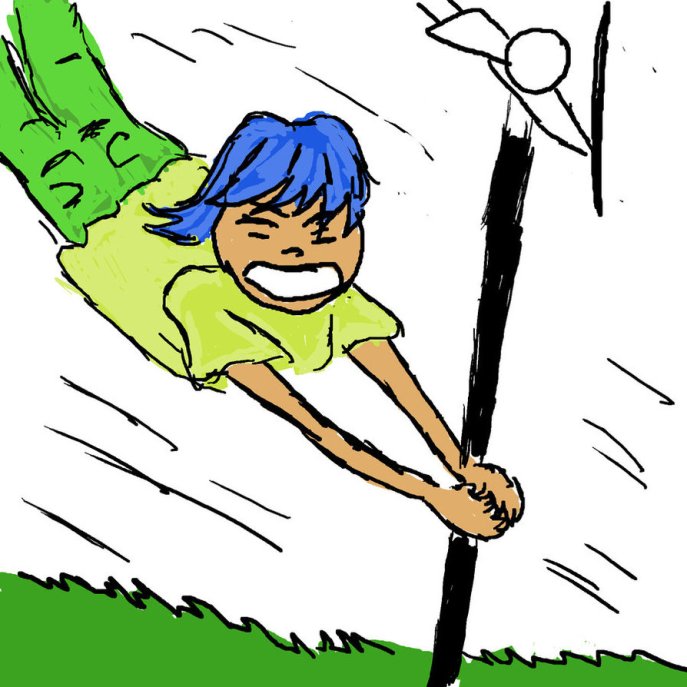I live in Charleston, SC and we have been so lucky that Hurricane Florence took a detour on her way down the coast. We watch with grief and empathy as our neighbors to the north deal with cresting waters days after the hurricane.
This isn’t my first hurricane. I grew up in New Orleans. I lived through Betsy and Camille and, I confess, I was too young to understand what all the fuss was about until we drove back home and my favorite toys – the ones I’d left on the floor because I was kind of a sloppy kid – were floating in water. And the house at the end of our street was sheared in half by a tornado.
Later, I watched from afar as Katrina destroyed a lot of what was familiar about New Orleans.
So, I take hurricanes seriously and I have learned a lot of things about getting ready for hurricanes. Boarding up the windows. Buying lots of water and toilet paper and canned food. Making lots of pre-emptive hotel reservations out of the storm path because you’re never quite sure where that path will be. Have your important papers ready to go.
Those are some of the big lessons.
And the biggest lesson of all is what you take with you when you have to decide what’s important enough to save.
Lots has been written about that, and I’m not going to get into anything that profound.
I’m here to talk about the little lessons they don’t teach you. The ones you won’t hear from The Weather Channel’s Jim Cantore.
Lesson One: You’re probably going to gain weight. Cat Five isn’t the hurricane level, it’s the number of pounds you can expect. If you evacuate, you’re eating bad food. And if you stay, there’s a moral obligation to empty your freezer in case the power goes out. Who knew your freezer had so much ice cream and pastry?
Lesson Two: Whatever chronic conditions you have will flare up during a hurricane. Bad back? Hefting all those hurricane supplies and suitcases and sitting for hours in a car is going to have you curved like an apostrophe. Migraines? Wait until the changes in barometric pressure get ahold of your sinuses! And let’s not forget depression and anxiety. Having an actual reason to be depressed and anxious is not as reassuring as you might think – so fill those prescriptions and keep them close.
Lesson Three: You’re going to find out what you’re made of. What I’m made of is apparently an addiction to email and social media and Shonda Rhimes dramas with a dash of Gilmore Girls thrown in. None of those are available when your power goes out. I love to read, but the guilt of using up flashlight batteries for something that isn’t going to save my life means I don’t read as much.
Lesson Four: You’ll find out what kind of a spouse you are and what kind of parent you are. Forget those Facebook quizzes about what color your aura is. It would be much more useful to find out if you’re the type to kill your husband after one day of hurricane stress, or whether you can wait until the second day to turn homicidal.
Lesson Five: You find out how dramatic and judgmental family and friends can be. Everyone had an opinion on evacuation and assumed that whether someone went or stayed had everything to do with choice and intellect and nothing to do with circumstances. I’ve been on both sides. I’ve had good reasons for both. But I’m amazed at how people feel free to judge me whichever I choose, and how they judge others. It’s the height of arrogance to think that you know what someone’s decision should be. Some people make the wrong decision, but few do it because they feel like they had a choice. I know enough now not to judge. Unless they’ve left their animals in a situation where the animal doesn’t stand a chance of surviving. Those people I judge.
Lesson Six is one that really stays with you: You learn how isolated you are, but you also learn how connected you are.
Isolation is how vulnerable you feel, whether you go or whether you stay. You aren’t in control. Nature is. Fate is. And sometimes, human nature is, because I read stories of looters breaking in to a couple of homes or cars left behind. Yeah, it’s just stuff. But if it’s YOUR stuff and you have no way of protecting it, it’s a pretty awful thing.
But, the connection is what helps with the isolation. It might be the most important lesson of all. You learn how really decent people can be. If you stayed, you stop and talk with the few other brave souls and you find yourself watching out for your neighbors in ways that you don’t in normal life. If you left, you find grace and mercy. A hotel clerk who slips you a couple of dog biscuits for your pets. First responders who come from surrounding areas to help your community before you can get back there.
So, next hurricane – because you know there’s going to be one – watch the hyped-up Weather Channel if you have to. But remember these lessons too.
